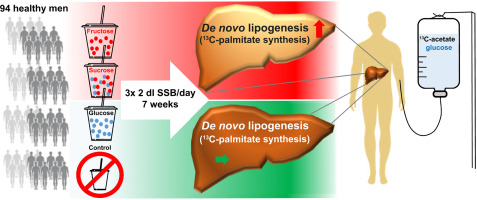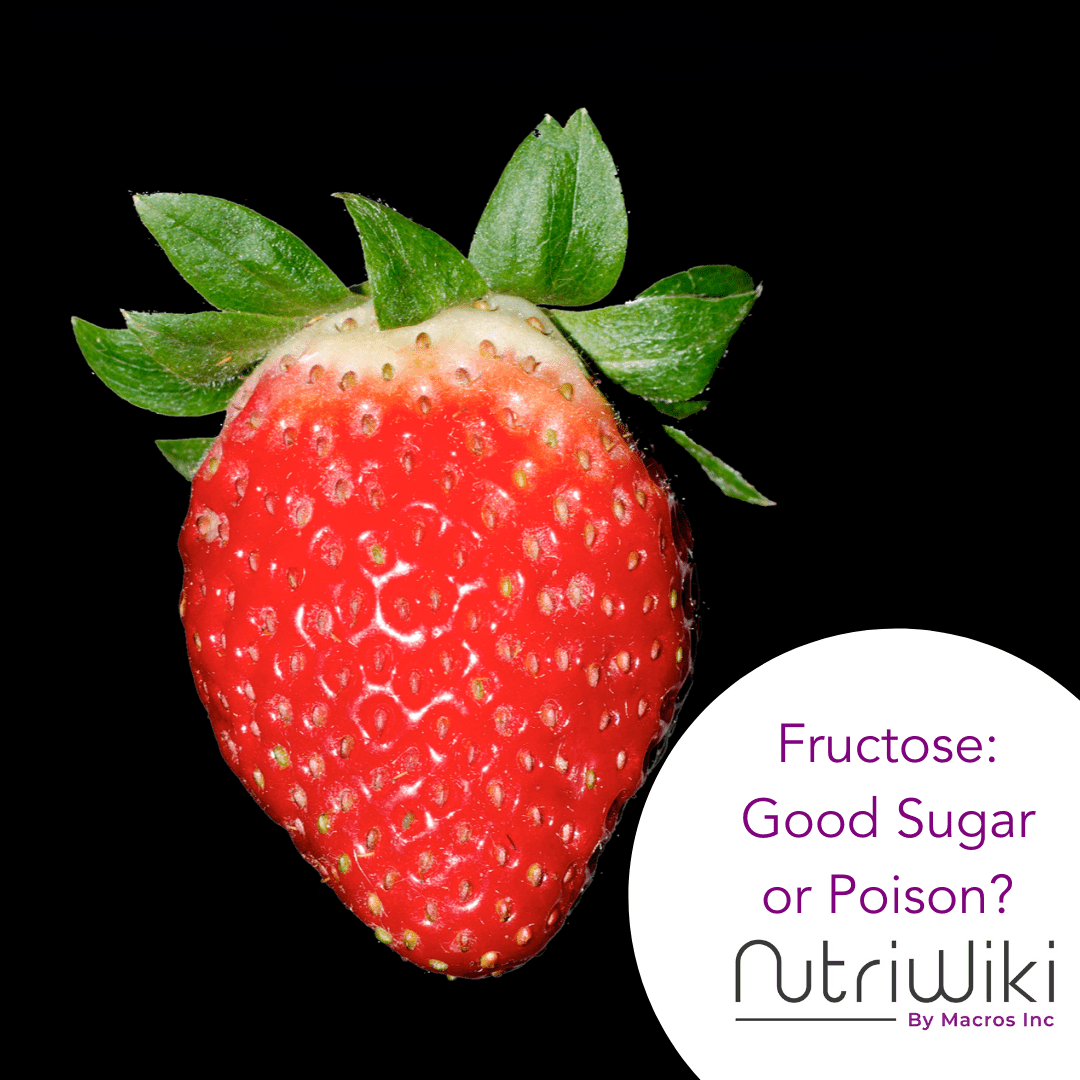
Fructose- and sucrose- but not glucose-sweetened beverages promote hepatic de novo lipogenesis: A randomized controlled trial
Excessive fructose intake is associated with increased de novo lipogenesis, blood triglycerides, and hepatic insulin resistance. We aimed to determine whether fructose elicits specific effects on lipid metabolism independently of excessive caloric intake.
www.journal-of-hepatology.eu
This is a very alarming study that seems to indicate sucrose and fructose as very problematic. I did not find any glaring errors in the methodology, so i am curious to see what you think. Seems like Lustig has a new case of ammo for his assault...
Last edited:

